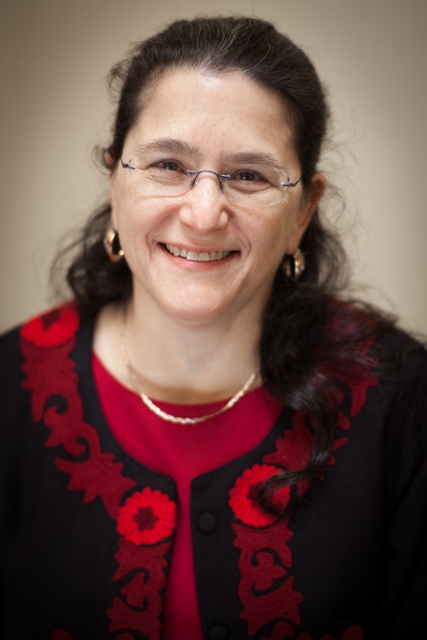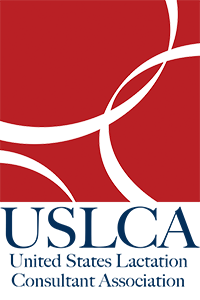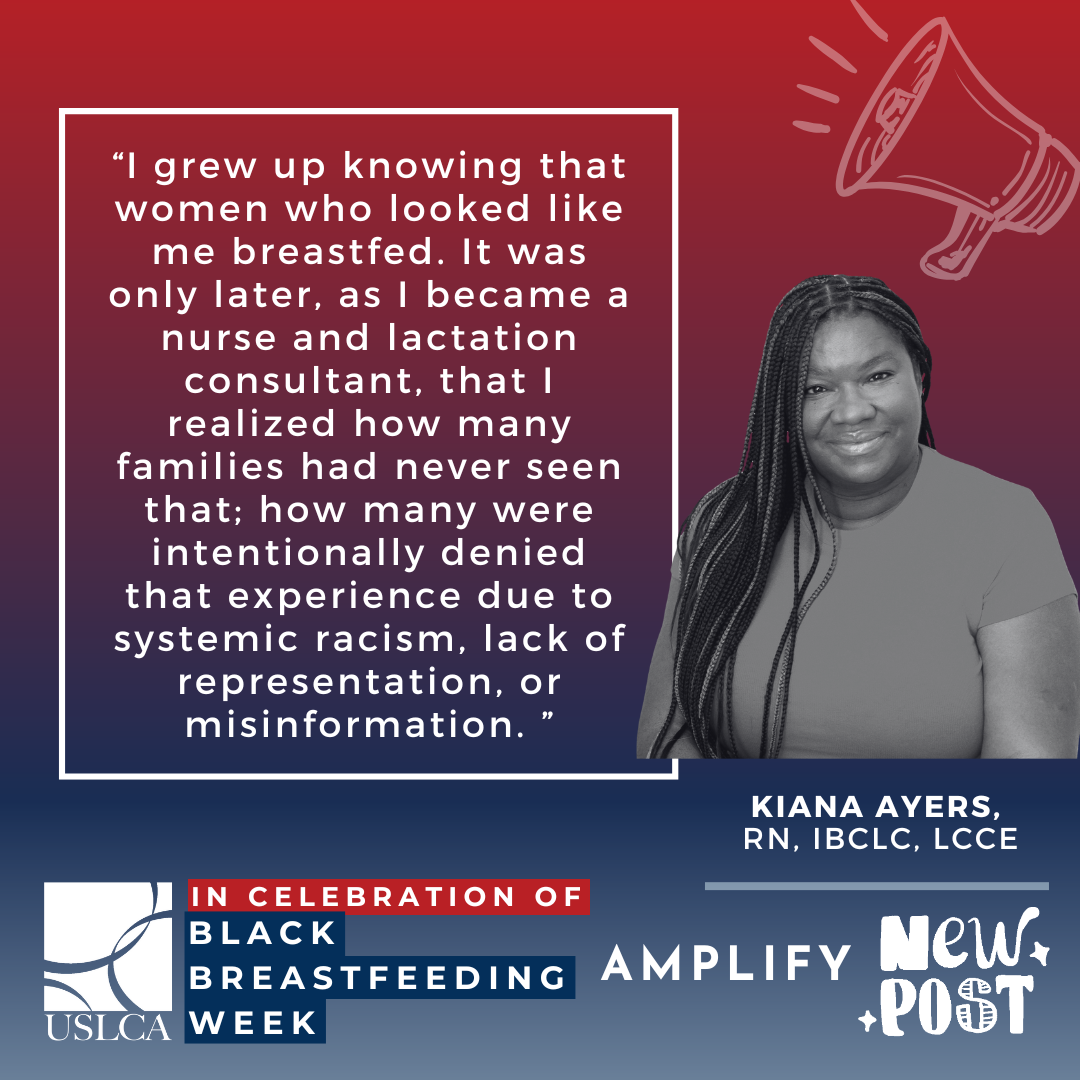By Naomi Bromberg Bar-Yam ACSW Ph.D.
September 28, 2021
 September is NICU Awareness Month when we educate about and honor those who care for babies born too early – before 9 months – or who are ill and require specialized hospital care from birth. How these fragile babies eat throughout their hospital stay and beyond is an indispensable part of their care!
September is NICU Awareness Month when we educate about and honor those who care for babies born too early – before 9 months – or who are ill and require specialized hospital care from birth. How these fragile babies eat throughout their hospital stay and beyond is an indispensable part of their care!
Lactation care providers and the families they support come with many different experiences and backgrounds. Not all are familiar with NICU care. Here, we offer an overview of infant feeding in the NICU and beyond for preterm and ill babies.
NICUs and Breastmilk
In the United States about 1 in 10 babies is born preterm, before 37 weeks. While the overwhelming majority of preterm babies are late preterm (32-36 weeks), many are born earlier and are more fragile. With medical advances, babies as early as 24 weeks and less than 1 pound have survived and thrived. Modern technology and science along with age-old human milk and skin-to-skin care are all crucial to achieving positive outcomes.
In addition to the importance of human milk and breastfeeding for all babies, NICU babies have unique risks:
Necrotizing enterocolitis (NEC): an infection of the gut. It can sometimes be treated with medications or sometimes requires surgery (on a 2 pound +/- baby) to remove the part of the intestine that has died, which often leaves the baby with lifelong short-gut syndrome. Many babies with NEC do not survive.
Sepsis and other serious infections are more likely and often more serious among preterm babies.
Retinopathy of Prematurity (ROP) (this is what afflicts Stevie Wonder) affects 14-16,000 babies per year, some more seriously than others.
These illnesses affect preterm babies almost exclusively and the most effective prevention and treatment for these illnesses is human milk. All babies have immature immune systems, even more so for preterm babies.
NICUs, donor milk and breastfeeding support
From the first day, NICU providers educate parents about the importance of their milk for their babies’ survival and short and long-term health. Some parents are not able to breastfeed for their own medical reasons; others work hard, but producing milk when your baby is not due for another several weeks or even months in an incredibly stressful environment is quite challenging.
Pasteurized Donor Human Milk (PDHM) is a central part of both NICU care and breastfeeding support. Milk banks across the globe accept donations of milk from parents who have more than they need, screen the donors, pasteurize and test the milk, and dispense it primarily to fragile babies in NICUs and at home. In the US and Canada, nonprofit milk banks operate under the safety standards of the Human Milk Banking Association of North America (HMBANA), in compliance with regulations of FDA and Health Canada. Use of PDHM in NICUs is increasing.
In addition to supporting babies’ maturing brains, immune systems and guts, PDHM supports breastfeeding. Its use sends a powerful message to parents, providers and communities about the crucial importance of human milk in infant care. Since the invention of formula, health care providers have understood that, particularly for preterm babies, human milk matters – a lot. Parents understand that others have donated time and milk to support their baby and their breastfeeding. Even anonymously, NICU parents feel this communal support and shared experience in bringing in and maintaining their own supply.
PDHM is one part of breastfeeding support. Successful breastfeeding also requires: ongoing guidance from Lactation Care Providers in the NICU and in the community; hospital-grade pumps at home while parents and infants are separated; and skin-to-skin for as many hours a day as parents, grandparents and volunteer baby cuddlers can provide.
Premature babies take time, sometimes a couple of years, to catch up with their development. Parents need breastfeeding and other support after they return home. Community-based Lactation Care Providers need education about ongoing prematurity development. Support services between NICU and home must be seamless.
Lactation Care Providers / milk bank collaboration
Collaboration between Lactation Care Providers and milk banks allow families to receive better, smoother care, have a longer duration of exclusive human milk feeding and the results are the improved outcomes we have seen borne out in research.
- Find the HMBANA milk bank closest to you. Begin a conversation about partnering on hospitals and/or community education.
- If your hospital does not yet use donor milk, or if access to donor milk could be expanded to serve more babies, talk to your colleagues about implementing a donor milk program. Milk banks are happy to help facilitate this process.
- Educate yourself and your colleagues about how donor milk works, its safety, and the value in development and disease prevention, as well as the best ways to use donor milk as feeding support, not merely a supplement. Lactation Care Providers are an important voice in the community for human milk feeding support and the use of donor milk to do so.
- As you work with new parents who have more milk than they need, or have lost their baby and want to continue pumping for a time, let them know that milk donation is an option. Milk donation is a very personal decision; however, they can only choose to donate if they know about it.
- If a family at home or in hospital needs donor milk, let them know that receiving donor milk is an option. Milk bank policies on outpatient donor milk vary, but milk is available for outpatients in need.
Big Picture: Partnering on policy initiatives
Protecting, supporting and promoting breastfeeding includes advocacy. Lactation Care Providers and milk banks are natural partners on the pressing issues in MCH care, particularly breastfeeding.
- The movement toward paid parental leave is growing in the US, to begin to catch us up to the rest of the world! As this is occurring on all levels, we must advocate for:
- Additional considerations for parents of NICU babies. No parents should have to decide between taking parental leave while baby is in the NICU or after they return home; no baby should be without their parents’ love, attention, advocacy, care while they are in the NICU.
- Parental leave in cases of babies’ death. These parents are recovering from a birth and recalibrating their lives without their precious baby.
- Workplace breastfeeding policies should explicitly include parents whose babies have died and who are continuing to pump milk for donation.
- Insurance coverage of the continuum of maternal child health services including prenatal care, birth and postpartum doula care, high quality pumps, Lactation Care Providers of all types and donor milk benefit parents, babies and insurance companies.
- Advocate for equitable, culturally and linguistically appropriate care at all levels.
This is a brief introduction to NICU care, donor milk and breastfeeding support. We look forward to partnering with Lactation Care Providers, wherever you are, in our joint work supporting parents, babies and families.
Naomi is the founder and Director Emerita of Mothers’ Milk Bank Northeast, and past president of the Human Milk Banking Association of North America.
The content of this post does not imply endorsement and may not reflect the position of USLCA.



